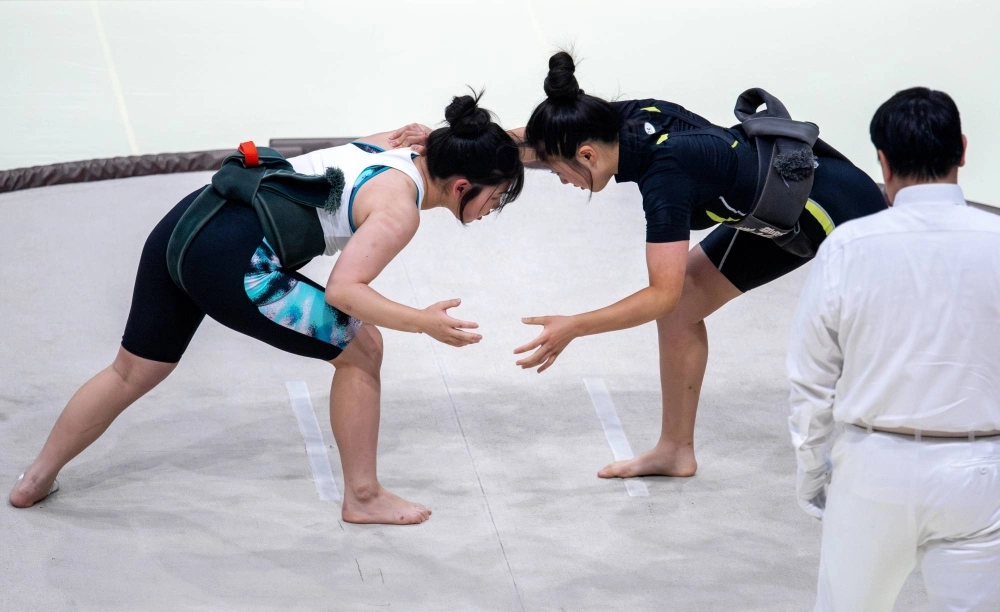Women's sumo took a major step forward this past weekend with the holding of the inaugural Girls High School Sumo National Championships in Tachikawa in western Tokyo.
Kanazawa Gakuin University High School emerged victorious in the three-person team tournament, while powerhouse Tottori Johoku High School took home gold in two of the three individual weight classes.
Athletes from all over the country took part in the historic meet, with many expressing hope that the tournament would lead to greater exposure for women’s sumo.



















With your current subscription plan you can comment on stories. However, before writing your first comment, please create a display name in the Profile section of your subscriber account page.